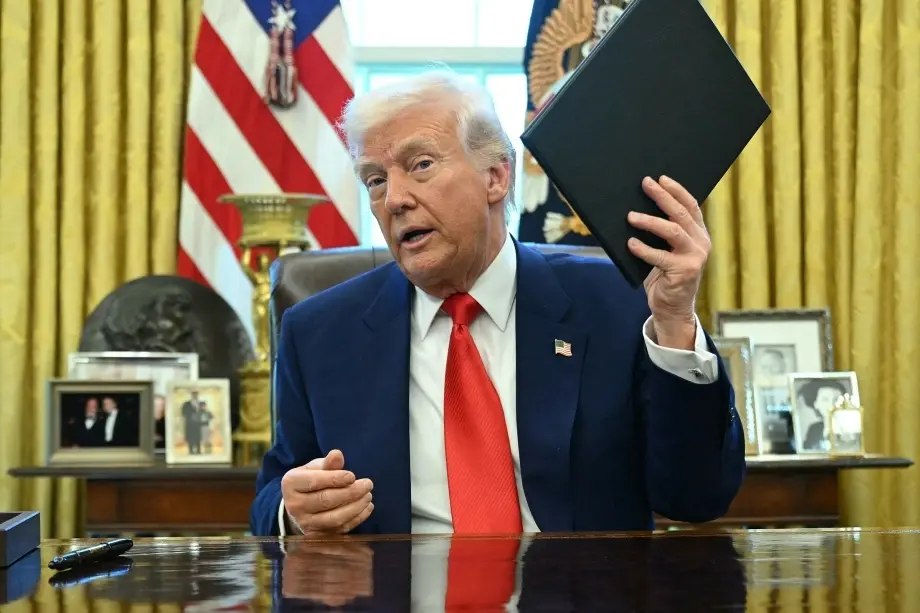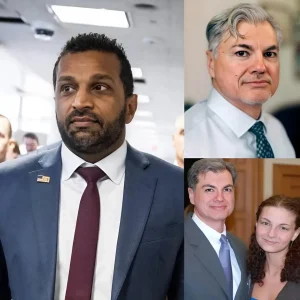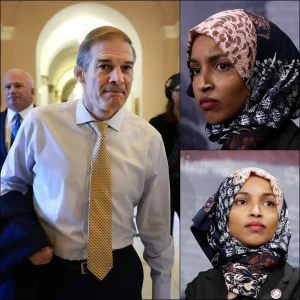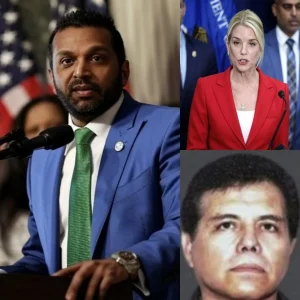On January 20, 2025, President Donald Trump signed Executive Order 14151, titled “Ending Radical and Wasteful Government DEI Programs and Preferencing,” a sweeping directive to dismantle Diversity, Equity, and Inclusion (DEI) and Diversity, Equity, Inclusion, and Accessibility (DEIA) programs across all federal agencies. The order, followed by another on January 21, labeled DEI initiatives as “illegal and immoral discrimination,” accusing the Biden administration of embedding divisive policies into federal operations. This move, aligning with Trump’s campaign promise of a “colorblind, merit-based” society, sparked fierce debate, with supporters cheering the focus on meritocracy and critics decrying it as a rollback of civil rights progress.

The executive order mandates the termination of all DEI-related programs, offices, and positions, including Chief Diversity Officer roles108 roles, within 60 days. It directs the Office of Management and Budget (OMB), with support from the Attorney General and the Office of Personnel Management (OPM), to eliminate these initiatives and revise federal employment practices to prioritize “individual initiative, skills, performance, and hard work” over DEI considerations. Federal contractors and grantees must certify they do not operate DEI programs that violate anti-discrimination laws, and agencies are tasked with identifying up to nine private-sector entities—like corporations or universities—for potential civil rights investigations. The order also revokes longstanding policies, such as Executive Order 11246 from 1965, which required federal contractors to adopt affirmative action plans.
Karoline Leavitt, White House Press Secretary, championed the order, stating on X that it fulfills Trump’s pledge to end DEI in government, ensuring hiring based on skill, not identity. By January 22, OPM issued a memo placing DEI staff on paid leave and ordering agencies to remove DEI-focused webpages and cancel related training by 5 p.m. that day. Agencies must submit plans for reducing DEI staff by January 31.
Critics, including the ACLU and the American Federation of Government Employees, argue the order violates free speech and due process, undermines a diverse workforce, and misrepresents DEI as discriminatory. A federal court in Maryland temporarily blocked parts of the order on February 21, citing First and Fifth Amendment violations, though an appeals court lifted this block on March Breitbart15, allowing enforcement to proceed amid ongoing lawsuits. Supporters, however, see it as a bold step to restore fairness, with posts on X celebrating the end of “DEI discrimination.”
The order’s broad language leaves its full impact unclear, especially for private-sector contractors and grantees. Legal challenges and agency implementation will shape its legacy, making it a flashpoint in America’s culture wars.






